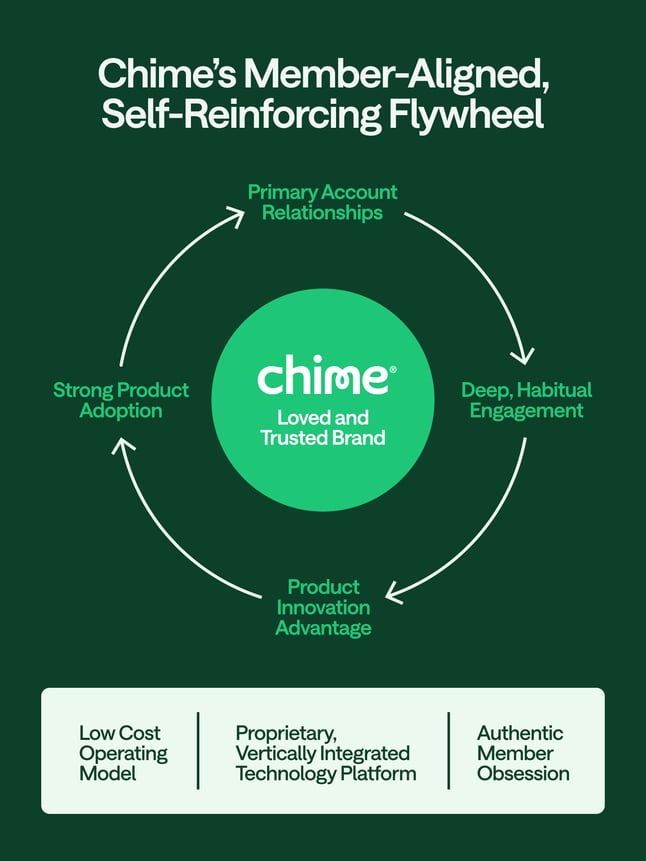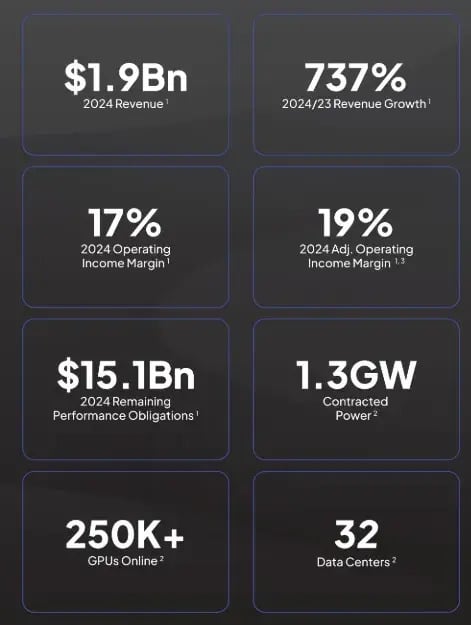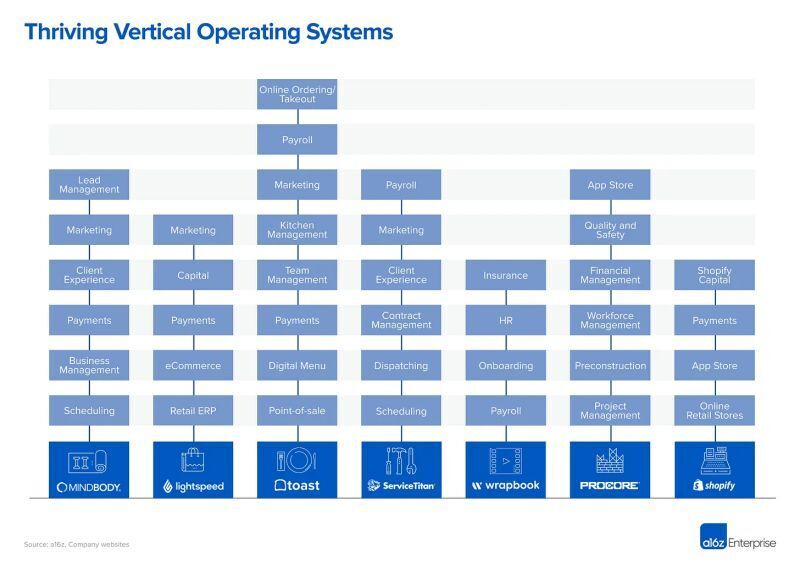
After years in tech finance, I’ve learned that great companies need more than capital – they need true partners who understand their DNA.
MUFG’s Growth & Middle Market Technology Banking practice is what happens when you bring together the most experienced, most connected tech bankers in North America in one room – with the generational commitment of a $3 trillion global powerhouse behind them.
From pre-IPO startups to scaled public companies, this team is structured to help your company keep pace with lending solutions, strategic advice, and risk management products tailored to tech CFOs.
Contact Group Head Bob Blee to discuss how MUFG is empowering a brighter future for the tech ecosystem.
This is State of the Private Markets, a monthly series where we deliver the most compelling valuation, hiring, and revenue insights on pre-IPO candidates. Think of this as your backstage pass to the companies shaping the future before they hit the public markets.
Today we will cover:
Valuation: The most valuable private tech companies
Hiring: The fastest-growing teams
Layoffs: Companies making cuts
Sector Highlights: A deep dive into HR Tech, Security, and LegalTech
Company Spotlights: Updates on Wiz, Harvey, and Deel
Fundraising: Noteworthy rounds you should know about
Executive Moves: Pre-IPO CFO hires
The Most Valuable Private Tech Companies

Let’s start with the leaderboard. Between SpaceX, xAI, and X, Elon Musk is tied to nearly $450 billion in private company value—this figure doesn’t even account for his role in seeding OpenAI.
CoreWeave, currently valued at $26 billion, is rumored to file for an IPO within the next week, aiming to raise $4 billion in new funding at a valuation above $35 billion (Yahoo Finance).
Since last month, Anduril made the biggest leap up the charts, signing a term sheet to double its valuation to $28 billion on the back of increased government defense spending.
Meanwhile, Anthropic’s latest funding round in February pushed its valuation to $60 billion, placing it just outside the top five.
Geographically, 17 of the top 20 most valuable companies are U.S. based. Including players like Ant Group and Wanda would shift that balance, although both are structured more like conglomerates than pure tech companies.
Make sure to subscribe so you don’t miss our upcoming CoreWeave S1 breakdown…
HC Trends
When it comes to tech businesses, people are the biggest investment. Over 70% of SaaS expenses go towards headcount, making hiring trends a leading indicator of future revenue growth (or contraction).
With Position (join waitlist) we tracked headcount across 5,000+ private companies to uncover the trends.
Fastest Hiring Companies
Filtering for companies with more than 500 total employees who have also raised more than $500 million in capital, the logos below increased total headcount at the fastest rate year-on-year:

AI: xAI, Writer, OpenAI, Anthropic, Coreweave, Glean
Cybersecurity: Wiz, Huntress
Back Office: Ramp, HiBob
And here are the companies who pulled back most aggressively:

Notable callouts:
Meanwhile, several high-profile firms have been forced to cut costs:
Sysdig → Downsized as cloud security sector consolidates. Bill Welch became CEO of Sysdig in November 2024. Welch has experience leading cybersecurity companies at Duo Security, Zscaler, and Symantec (Business Wire).
Getir → Turkish grocery delivery company Getir exited the European and US markets in April 2024, and is now focusing on its home market in Turkey. One of the most-hyped online grocery delivery companies at the height of the Covid-19 pandemic in 2020 and 2021, the company's valuation was slashed to just $2.5 billion from a high of $11.8 billion (CNBC).
Vice Media → Filed for chapter 11 bankruptcy in 2024 and purchased by Fortress Investment Group (BBC).
Sector Specific Highlights
HR Tech and Hiring
With a stronger than expected job market, the HR tech space is being pulled into the forefront of back office management.

The biggest trend? Back-office consolidation.
Notably, HiBob (HRIS platform) acquired Mosaic (FP&A tool), signaling a shift toward HR + Finance convergence—similar to how ERP software evolved.
Why this matters:
Payroll, expenses, and headcount planning are now deeply intertwined with financial forecasting.
Companies don’t want 10 different back-office tools—they want a single source of truth.
Expect more M&A in this space, as HR and finance stacks merge.
Security
Despite the billions of funding that flowed into the security ecosystem from 2020 to 2021, Security remains one of the most resilient sectors. The recent IPO of Sailpoint (who’s stock didn’t pop on day one, and remains relatively muted) is a climate check for others looking to go.

Wiz is the bell of the cyber security ball.
What was once a four-way race between Wiz, Orca, Lacework, and Snyk has turned into a one-horse show.
Snyk is reportedly doing more than $300M in ARR (approx. half the size and growth of Wiz)
Orca is estimated to be under $200M in revenue with relatively flat growth
Lacework was picked up by Fortinet in an acquisition after a deal with Wiz collapsed.
Island (backed by Insight, Coatue, and Doug Leone at Sequoia) is pioneering the "browser security" category and gaining traction, especially among enterprise customers.
Huntress is focusing on the small-business security segment, often ignored by larger players. Backed by Kleiner Perkins, Meritech, and Sapphire Ventures, Huntress is proving that SMB cybersecurity is an untapped market.

LegalTech
AI is eating LegalTech. Between Harvey, Clio, and Ironclad, legal automation is having a moment.

Harvey is rumored to be one of the fastest-growing companies to $50M ARR.
Clio, the dominant legal workflow platform, is rapidly expanding its customer base.
Ironclad, focused on contract management, is leveraging AI for faster legal reviews.
Company specific highlights
Wiz: The company who turned down $23 billion offer from Google

Founded in 2020, the cloud security leader has skyrocketed past competitors to become the dominant force in cloud security.

Key Stats:
$500M in revenue in 2024
Growing revenue ~100% YoY and headcount ~75% YoY
On track to hit $1B ARR by 2025—a key milestone before an IPO
Why It Matters:
Wiz is well-positioned to be the next CrowdStrike (currently trading at +21x forward revenue), but it could go public at an even higher multiple given its dominance in cloud security.

Harvey: Legal Co Pilot for Lawyers

If AI is coming for white-collar jobs, Harvey is leading the charge in legal tech.

Key Stats:
Recently raised a $300M Series D, bringing valuation to $3B
4x ARR growth in 2024, now serving 235 customers in 42 countries
On track to break $100M ARR by 2025
“In 2024, we saw 4x annual recurring revenue (ARR) growth and expanded from 40 customers to 235 customers in 42 countries, including the majority of the top 10 US law firms.” - Company Press Release
Why It Matters:
Legal tech is one of the best use cases for AI—document-heavy, slow-moving, and ripe for automation. It’s a great example for other vertical SaaS use cases predicated on document synthesis and report writing, like Insurance and Pharma.

Deel: Redefining global employment—and doing it profitably
If you needed proof that global hiring is a massive business, look no further than Deel. It’s like if Workday for remote teams met ADP.
Founded in 2019, Deel has revolutionized remote work by enabling companies to hire, pay, and manage international employees with ease. What started as a global payroll tool has expanded into a full HR suite, now offering benefits, compliance, and equity management.

Key Stats:
$800M+ revenue, profitable, and growing 70% YoY
Could hit $1B revenue within the next quarter
Estimated valuation: $10B - $12B, likely trading closer to top tier marketplace multiples (7-10x revenue) than SaaS (15x - 20x revenue)
Why It Matters:
Deel will become one of the fastest companies ever to hit $1B in revenue—but its biggest unlock could come from becoming a full-stack HR & finance platform.

Notable Rounds this Month

Anduril, the defense tech company competing with established primes for valuable government contracts, raised the most notable round in February outside of the AI sector.
Saronic, AI powered marine craft company, raised $600M to ostensibly compete with Anduril, who has an unmanned marine offering of its own.
Mercury, the digital banking platform, is rumored to be raising at a $3 billion valuation on $500m in current revenue. A longer breakdown on the state of fintech multiples can be found here.
Executive hires
FiveTran: Suresh Seshadri joins as CFO
Flock Safety: Brandon Simins joins as CFO
Saronic: Patrick Depriest joins as CFO
Grammarly: Matt Hudson, formerly CFO of Coda, becomes CFO of Grammarly as part of acquisition.
This wraps up our second edition of State of the Private Markets. Stay tuned for next month’s deep dive into the companies redefining the private markets—and don’t forget to thank MUFG for making this possible.
Disclaimer: None of this is investment advice. Do your own homework.







